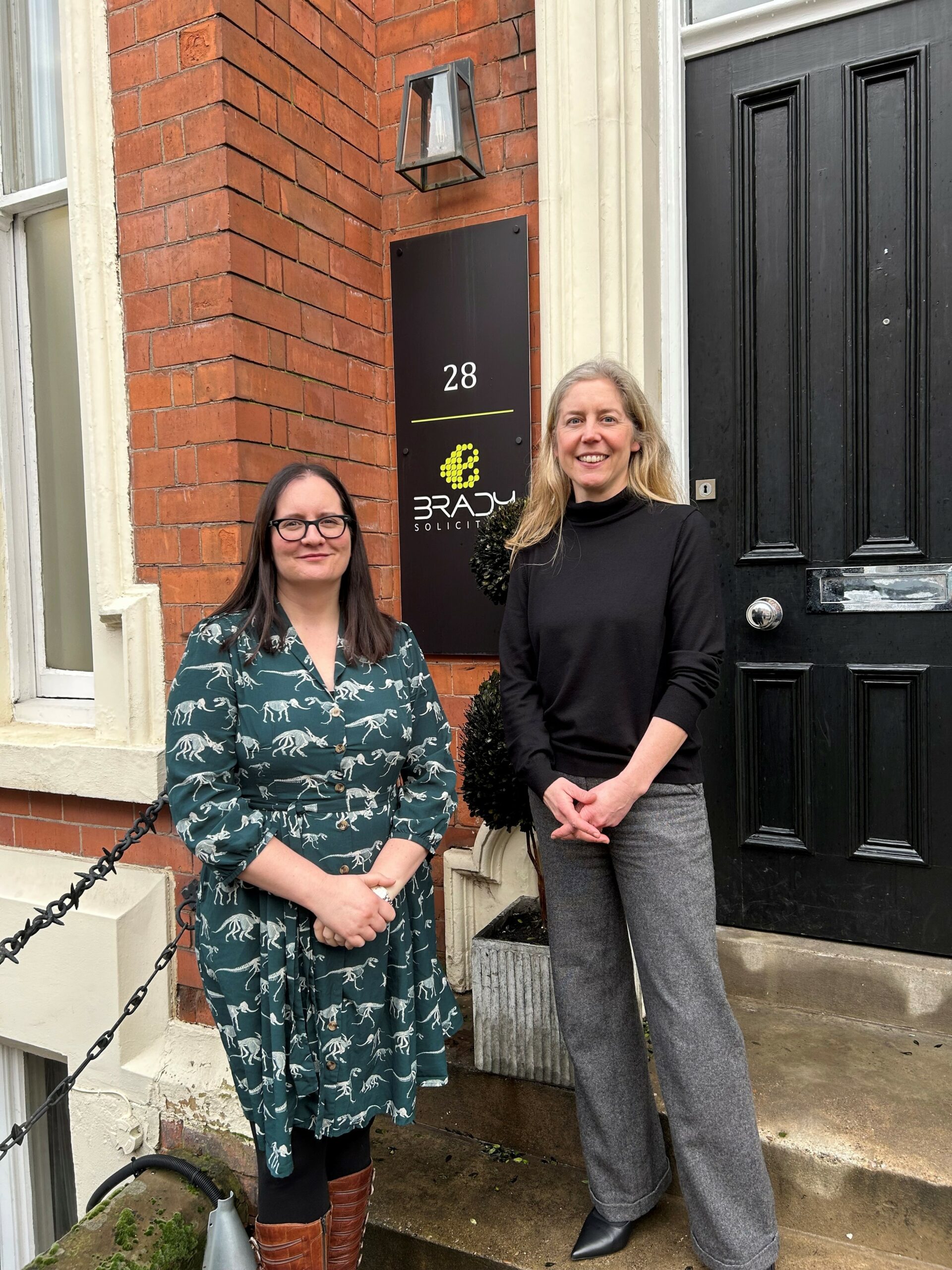The government announced its intention to act on the Law Commission’s proposed reforms to leasehold ownership in an announcement by the housing minister, Robert Jenrick on 7 January 2021.
The announcement comes almost a year to the date after the Law Commission’s published its recommendations on a series of wide‐ranging reforms to the enfranchisement regime. This paper in January 2020 was then followed by further proposals in July 2020 regarding simplifying the right to manage, and a recommendation to make commonhold the ‘preferred alternative’ to leasehold.
What does the government plan to take forward from the Law Commission’s recommendations?
There were three key headlines in the announcement:
- Leaseholders’ right to extend a lease to 990-years with zero ground rent
- ‘Abolition’ of marriage value on lease extensions
- Creation of a ‘commonhold council’
990-year lease extensions with zero ground rent
Under the current system, leaseholders of houses can extend their lease for 50 years once, and pay a ‘modern ground rent’, whilst leaseholders of flats can extend their lease for 90 years multiple times at a peppercorn ground rent.
The new legislation will extend both rights to 990 years, with a ground rent set at zero. Ground rent on leasehold retirement properties will also be set to zero.
Abolishing marriage value
‘Marriage value’ assumes that the value of one party holding both the leasehold and freehold interest is greater than when those interests are held by separate parties. It can make up to a third of the lease extension premium in some cases and abolishing this may make it cheaper to extend the lease or buy the freehold. Commentators and the Law Commission reports suggest we may see a legal challenge to this proposal from larger freeholders.
Commonhold Council
The government announced it will create a ‘Commonhold Council’ made up of “industry representatives, leasehold groups and government” to drive forward commonhold and prepare the market for its “widespread take-up”.
Commonhold is a property ownership right that was created in 2002 and enables property owners to own the freehold to their apartment block and be involved in the management of shared spaces. Take up has however been very slow – there are a handful of commonhold developments compared to more than 4.3 million leasehold properties. Lenders have historically not been keen, and awareness is limited amongst homeowners.
It will be essential that the proposed commonhold council has sufficient breadth of involvement from all corners of the leasehold sector who really understand the challenges of communal living, including lenders, if it is to become close to a credible alternative to leasehold in the near future.
When will it all happen?
Timeframes remain extremely vague and there is substantial detail for policy-makers to plough through, however the government has clearly signalled its intention to bring in new leasehold legislation, albeit in an undefined form before the next general election in 2024.
Working at the heart of the leasehold sector, we are well versed in the complexities and, often, antiquated legislation, that govern leasehold ownership. We will continue to monitor the legislative reforms closely to understand how they will impact on all parties within the leasehold industry.




